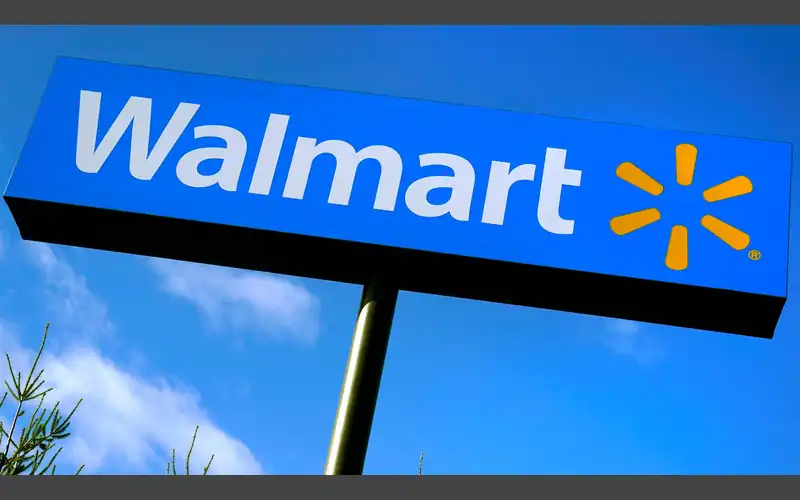Walmart said it is recalling some frozen shrimp after the Food and Drug Administration warned that the seafood items, sold under the Great Value label, are at risk of radioactive contamination and shouldn’t be consumed.
Oklahoma is one of 13 states listed on the RECALL.
The frozen shrimp were imported from Indonesian company PT. Bahari Makmur Sejati and sold at Walmart stores as Great Value brand frozen raw shrimp, the FDA said on Tuesday. The agency noted it has recommended that Walmart recall the product.
“The health and safety of our customers is always a top priority. We have issued a sales restriction and removed this product from our impacted stores. We are working with the supplier to investigate,” Walmart said in an email to CBS News.
The company added that consumers who bought the shrimp shouldn’t eat it and should throw it out. Customers can contact the store where they purchased the product for a full refund, it added.
The shrimp could be contaminated with a radioactive isotope called Cesium-137, although the FDA said that no products as of yet have tested positive for it. The agency said it issued the warning about Walmart’s Great Value shrimp after it had detected Cesium-137 in a single shipment of frozen shrimp from PT. Bahari Makmur Sejati.
That shipment “did not enter U.S. commerce,” the FDA said.
Here’s what to know about the warning.
Which shrimp products are part of the FDA warning?
The FDA said that consumers “should not eat or serve certain lots of Great Value raw frozen shrimp from Walmart.”
The lots are:
- Great Value brand frozen raw shrimp, lot code: 8005540-1, Best by Date: 3/15/2027
- Great Value brand frozen raw shrimp, lot code: 8005538-1, Best by Date: 3/15/2027
- Great Value brand frozen raw shrimp, lot code: 8005539-1, Best by Date: 3/15/2027.
What should you do if you bought the shrimp?
Consumers who bought the shrimp cited in the FDA’s notice should throw it away, the agency said.
“Distributors and retailers should dispose of this product and should not sell or serve this product,” the FDA added.
What is Cesium-137?
Cesium-137, or Cs-137, is the radioactive form of the element cesium, according to the U.S. Environmental Protection Agency. Produced by nuclear fission, it’s used in medical devices and is also a byproduct of nuclear fission in nuclear reactors and weapons testing, the EPA notes.
How dangerous is the potential Cesium-137 contamination?
The Cesium-137 detected in the imported shrimp was about 68 Bq/kg, which the FDA said sits below its threshold of 1200 Bq/kg for “levels of concern” for imported foods.
“At this level, the product would not pose an acute hazard to consumers,” the FDA said in its warning notice.
However, the FDA noted that repeated low-dose exposure to Cesium-137 carries an “elevated risk of cancer, resulting from damage to DNA within living cells of the body.”
It added, “Avoiding products like the shipment FDA tested with similar levels of Cs-137 is a measure intended to reduce exposure to low-level radiation that could have health impacts with continued exposure over a long period of time.”


















